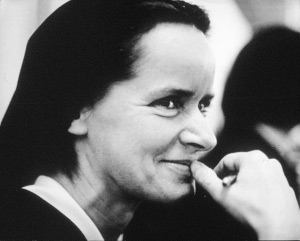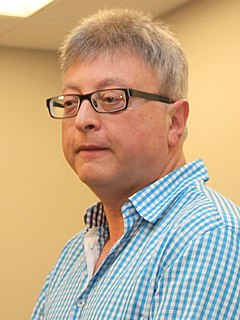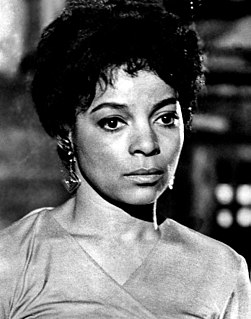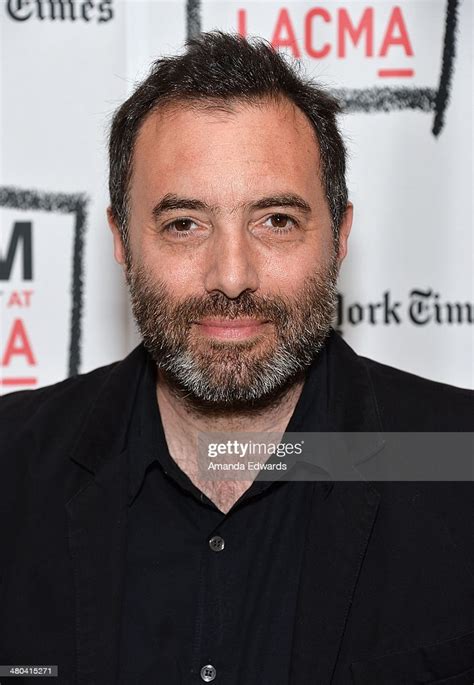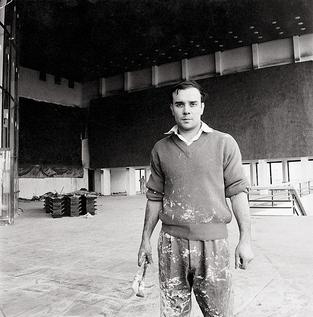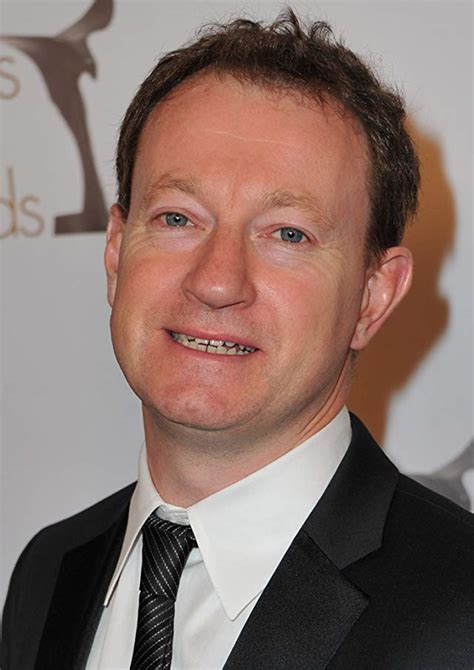Цитата Твайлы Тарп
Каждому произведению искусства нужен стержень – основная тема, мотив возникновения. Это не обязательно должно быть очевидно для зрителей. Но оно необходимо вам в начале творческого процесса, чтобы направлять вас и продолжать двигаться вперед.
Связанные цитаты
Когда вы не отделены от творческого процесса, время перестает существовать. Вы можете начать чувствовать усталость и внезапно осознать, что прошло много времени. Это не обязательно счастливое время — и может быть очень трудно начать, если это работа или обязательство. Но если вы начнете со всех конкретных потребностей и пойдете основательно, творческий процесс возьмет верх, и вы забудете, работа это или игра. Работа здесь и сейчас — один из самых незагрязненных способов работы.
Поддерживать интерес читателей и возвращаться к ним, а также придумывать новые захватывающие способы подачи историй и представления персонажа в отражении времени — это совершенно невероятное достижение. Снимаю шляпу перед всеми этими людьми, которые проделали такую невероятную творческую работу и продолжают делать каждую неделю.
Не принимайте творческий процесс на свой счет. На каждом этапе вы будете чувствовать, что все разваливается, как будто золотое яйцо правды в вашем мозгу не проявляется ни на странице, ни на съемочной площадке, ни при монтаже. Но эта паника, эта потеря, эта боль — это процесс созидания. Пусть будет больно, пей кофе и продолжай.
Мы все такие измученные. Мы видели так много фильмов. Мы знаем, что произойдет в каждом фильме. Я имею в виду, есть некоторые фильмы, где я думаю, зачем мне вообще продолжать смотреть? Так что, если вы можете снять фильм, в котором вы совершенно удивляете зрителей налево и направо, и налево и направо, то вы выиграли. Если измученный кинокритик, репортер или публика говорят: «Я не ожидал, что это произойдет», для меня это как победа.
Продуктивность — это ваше принятие морали, ваше признание того факта, что вы выбираете жить, что продуктивная работа — это процесс, с помощью которого сознание человека управляет своим существованием, постоянный процесс приобретения знаний и формирования материи в соответствии со своей целью, воплощения идеи в реальность. в физическую форму, переделывать землю по образу своих ценностей — что всякая работа является творческой работой, если она выполняется мыслящим умом.
Я остаюсь отстраненным и далеким, но именно под моими глазами и моими приказами произведение искусства должно создавать себя. Затем, когда начинается творение, я стою там, присутствую на церемонии, безупречный, спокойный, расслабленный... готовый приветствовать произведение искусства, которое появляется в материальном мире.
Зрители сегодня слышали каждую шутку. Они знают каждый сюжет. Они знают, куда вы идете, еще до того, как вы начнете. Это тяжелая аудитория, которую трудно удивить, и тяжелая аудитория, для которой нужно писать. Сейчас конкуренция намного выше, потому что аудитория намного больше, я бы сказал, более искушенная.
Зрители сегодня слышали каждую шутку. Они знают каждый сюжет. Они знают, куда вы идете, еще до того, как вы начнете. Это тяжелая аудитория, которую трудно удивить, и тяжелая аудитория, для которой нужно писать. Сейчас конкуренция намного выше, потому что аудитория намного больше, я хочу сказать, «искушенная».
То, что важно в процессе кинопроизводства, осталось прежним. Держите его небольшим, делайте его личным, сохраняйте его аутентичным, работайте с людьми, которые вам нравятся и которым вы доверяете. Этот процесс намного дольше, чем процесс создания фильма. Процесс разработки долгий, поэтому постарайтесь сказать что-нибудь важное.

